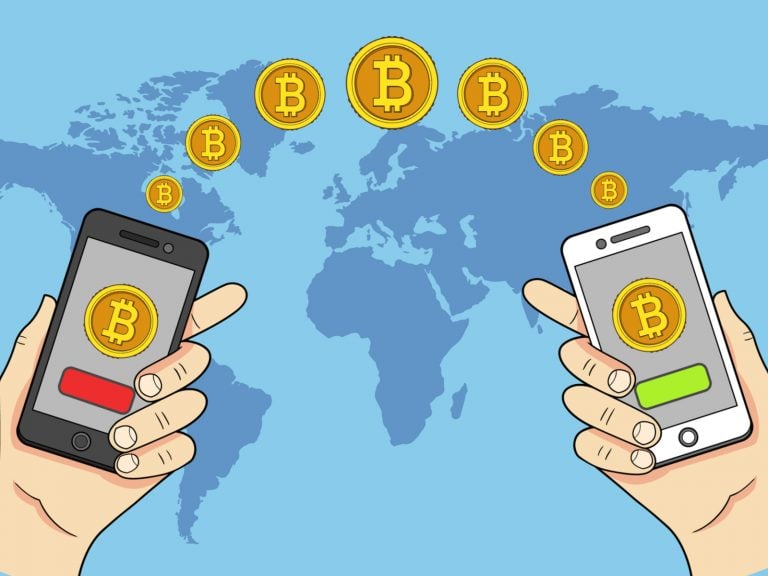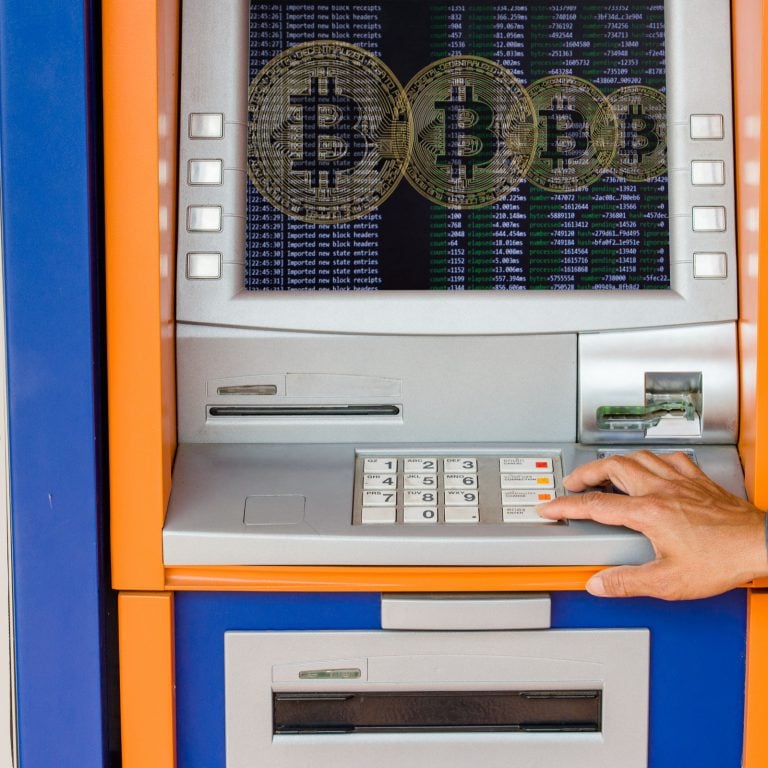2019-8-13 17:57 |
Coinspeaker
Bitcoin Cross-Border Payments Now Available in 60 Latin American Banks
The nascent industries of blockchain and cryptocurrencies are gradually attracting institutional investors. Reports reveal that a leading Latin American bank technology provider is working closely with Bitex crypto exchange. The partnership aims to make cross-border payments easier using the Bitcoin blockchain. In that context, Manuel Beaudroit, the Bitex Chief Marketing Officer, said:
“The integration of Bitex into Bantotal program represents a major step in the breakthrough of blockchain technology in banking.”
Bantotal, a leading provider of banking services, operates in Uruguay. It services at least 60 various entities offering financial services spread across 14 different countries. Practically 20 mln people are clients of money management services offered by Bantotal.
The PartnershipThe new collaboration will ensure a possibility for Bantotal clients to get access to Bitex services via Bantotal’s BDevelopers program. The technology will enable banks to have access to an API letting them control the entire procedure of cross-border payments.
An excellent example is a drop from a month to an hour for exporters between Paraguay and Argentina when they switched to Bitex’s cross-border payment services. The new partnership is a positive sign even for direct competitors like Stellar that specializes in cross-border payments while leveraging its blockchain network.
How does Bitex Work?The exchange is essentially a middleman for national and regional banks converting fiat payments and Bitcoin back and forth. It does not complete multiple fiat-to-fiat conversions. It is somewhat a system of “peer-to-peer banking” that handles conversions of local currencies from and into Bitcoin.
According to the founder of blockchain startup Koibanx and vice president of non-profit Bitcoin Argentina, Leo Elduayen, the process of a cross border money transfer using local Latin American banks may take between 48 and 96 hours. The time taken is influenced by the specific bank branch and all the financial intermediaries utilized in the transaction.
“The purchase and [transfer] of Bitcoin, Bitex does it all on your behalf. You as a user just send the money and Bitex takes care of the rest for you,” explained Elduayen.
This Bantotal partnership may dramatically increase the accessibility to Bitex services for Latin American consumers. But, it might prove tedious “to get banks on board”. Such issues as the anti-money laundering (AML) and know-your-customer (KYC) legislation still remain the major aspects for banks, especially when it comes to the application of BTC blockchain.
Enhancing TrustExperts and stakeholders believe that the cooperation between Bantotal and Bitex will offer Latin American consumers to an opportunity to enjoy the advantages of blockchain technology. In turn, it will help enhance and strengthen user trust in the currently existing financial institutions. Ast added:
“Historically, Latin America has had weak financial systems. There is a history of bank runs with some sad highlights of confiscation of people’s saving (e.g., Argentina in 2001). … This agreement will lead to lower costs for consumers and extensive financial inclusion,” noted Federico Ast, CEO of Buenos Aires-based Kleros startup.
Bitex’s Beaudroit expressed his hope that the partnership can contribute to the national GDPs growth of Latin American countries as well.
Bitcoin Cross-Border Payments Now Available in 60 Latin American Banks
origin »Bitcoin price in Telegram @btc_price_every_hour
Bitcoin (BTC) на Currencies.ru
|
|






















